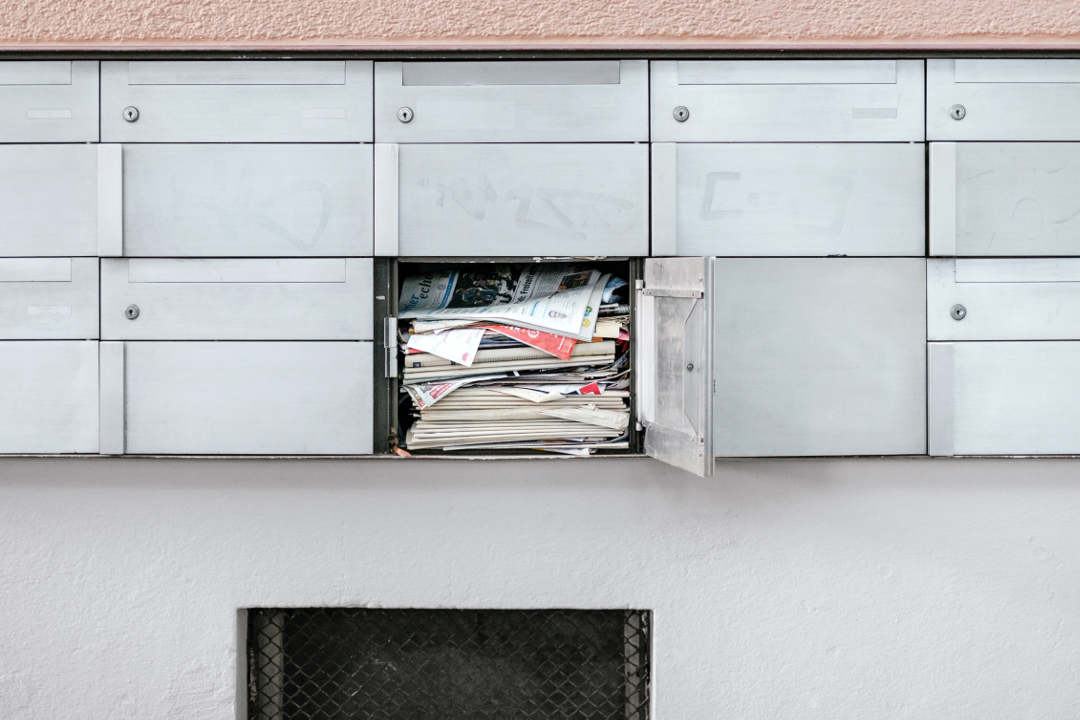Who can turn to when the "big" security fails?
When using a computer program supposedly very reliable and secure, we expect that our information is in good hands. It's like reminders of cars that we said were almost invincible... we are surprised and we become suspicious.
That's what happened with the Pretty Good Privacy (PGP) program, which encrypts emails and confidential documents. PGP was recognized as one of the most reliable cryptographic encryption software since the 1990s.
However, a major flaw was detected a few days ago. If you are a user, be aware that the Electronic Frontier Foundation, the leading watchdog for preserving civil liberties on the Internet, has recommended uninstalling or disabling the tools that decrypt their messages with PGP.
Although the fault has been repaired, PGP's reputation is tainted. It must be said that the attack is still major: the hacker can manage to decrypt emails cached or sent in recent years. The only criterion to get there: having already exchanged encrypted messages with the person concerned.
Turn to innovative solutions
The protection of confidential information should be the priority of all. So much damage can be caused by attacks that could have been avoided!
Secure Exchanges makes a point of making this type of faults impossible.
With Secure Exchanges, not only is the information encrypted, but it does not reside on the email server. In addition, it is automatically destroyed after a certain period or a certain number of openings. The new version of Secure Exchanges even offers the possibility of transmitting a credit card number in a completely secure way.
The extra layer of security
How to make sure that the security solution is optimal? We are talking here about a slightly more technical term, but one that can help you make an informed choice between two seemingly similar technologies: opt for point-to-point encrypted message transmission, that is to say only the recipient is able to read the information received. That makes all the difference.
A secure vault rather than the email box
Even if you ask for a password and a username to the recipient, it is still possible that these "keys" are stolen. Yes, the information is encrypted on the server, but you are not completely safe. Be aware that the contents of an email inbox are on the web, so they are vulnerable to attacks.
Secure Exchanges is currently working on developing a secure vault where it would be possible to file any confidential document safe from cyber pirates. Imagine, a 100% safe space for all the secret files of your company. Here is a solution that allows you to sleep soundly! After all, an email box should not be where you keep your personal information, just as you do not leave your letters open in your mailbox for years!
Imagine an ultra-secure vault that only you can open... on the assumption that pirates are generally lazy, they will not dare to bother for a long time on your case!
Try Secure Exchanges for Free : Free trial.
Try Secure Exchanges for free and secure your confidential exchanges.
Start free trial →


